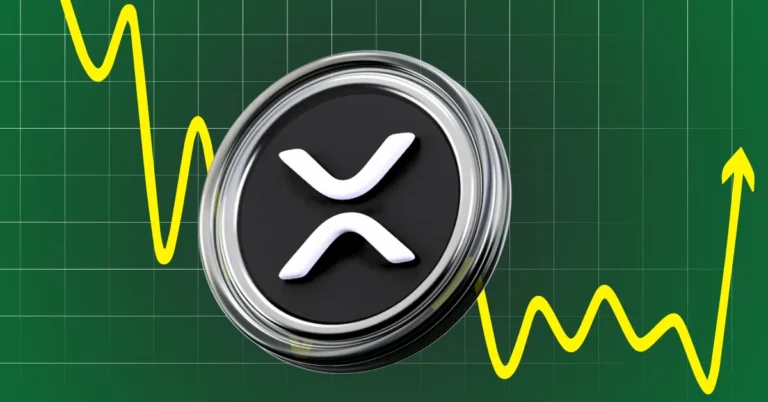SEC’s Gary Gensler: Vast Majority of Crypto Tokens are Securities

-
Gary Gensler doubles down on regulating crypto as securities sanctions industry leaders to eye more investor protections.
- The U.S. Securities and Exchange Commission (SEC) is leading the push to subject cryptocurrency markets to the full spectrum of financial regulations that the agency oversees.
The Securities and Exchange Commission has recently announced a big increase in staffing for its cryptocurrency enforcement unit. Many crypto issuers have already been subject to SEC enforcement. SEC Chair Gary Gensler has called on crypto exchanges to register with the agency as securities trading platforms to protect traders and investors.
Security refers to any financial asset that can be traded between two parties in an open market. Company shares, government securities, and fixed deposit receipts are assets that can be given as security.
The Securities exchange commission emphasizes cryptocurrencies following regulations set aside to ensure secure investments. Cryptocurrency is vulnerable to cyber attacks which could lead to irreparable loss of investments. Gensler admitted that some crypto tokens may not meet the definition of security. This is only represented by a small number of tokens but it would still impact cryptos market aggregate value.
The Securities and Exchange Commission (SEC) is a U.S. government oversight agency responsible for regulating the securities markets and protecting investors. Generally, issues of securities offered in interstate commerce, through the mail or on the Internet, must be registered with the SEC before they can be sold to investors.
If cryptocurrency is a “security,” then crypto-companies issuing them must comply with Securities and Exchange Commission rules for registration and reporting failure to do so can lead to significant penalties, such as the $100 million SEC fine.
A cryptocurrency is designed to be used as currency, money, or payment method. A security token is intended to be used the same way a stock, bond, certificate, or other investment asset is used. Many cryptocurrencies have been introduced which were not intended to be used as investment instruments.
To determine whether a cryptocurrency is a security or not they have to undergo a Howey Test. The Howey Test refers to the U.S. Supreme Court case for determining whether a transaction qualifies as an “investment contract” and therefore would be considered a security.
The U.S. Securities and Exchange Commission (SEC) announces the listing of 9 digital crypto tokens as securities. These digital assets are AMP (AMP), Rally (RLY), DerivaDEX (DDX), XYO (XYO), Rari Governance Token (RGT), LCX (LCX), Powerledger (POWR), DFX Finance (DFX), and Kromatika (KROM).
What coins are or aren’t considered security?
The short answer is that beyond the very biggest cryptocurrency there’s a lot of ambiguity. US regulators including the SEC agree that Bitcoin, which is by far the largest digital asset, isn’t a security. Garry said bitcoin is not a security, but that Ether and Ripple, two of the other most notable cryptocurrencies, likely are securities.
I’ve asked the SEC staff to work directly with entrepreneurs to get their tokens registered and regulated, where appropriate, as securities.
The SEC boss said
Pro-Crypto Congressman Blasts SEC’s Gensler Over Regulation Plans – Republican Congressman Tom Emmer has accused the SEC Chair Garry Gensler of overstepping his authority. https://t.co/pNxtnrv3Mz
— Crypto & Policy (@cryptolicy) October 8, 2021
People question the future of crypto, but forget that the actual head of the SEC, Garry Gensler, held 21 lectures about blockchain each 1h+ at MIT in 2018. So the guy who runs the SEC has more knowledge about blockchain than some of the more knowledgeable people. He must have consulted a couple of financial advisors before making the decision on crypto regulation. Many individuals do not believe that this is the way to go!!! or is it?

















+ There are no comments
Add yours